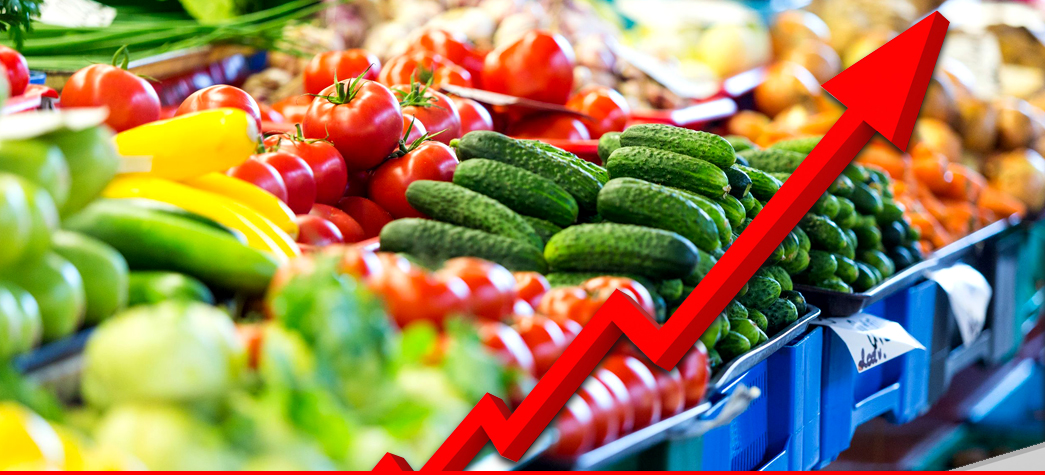In the week ending December 14, the weekly inflation rate in Pakistan remained at a six-month high of 43.16%, as per official data released on Friday. Soaring food prices, particularly in sugar, pulses, eggs, and rice, were the primary contributors to this inflation. The Sensitive Price Indicator (SPI) experienced a marginal decrease of 0.06% week-on-week, according to the Pakistan Bureau of Statistics (PBS).
This marks the highest level since June 1, when SPI inflation was at 43.17%, and it is the fifth consecutive week with SPI inflation above 40%. The inflation trend has been persistently high, reaching 41.9% for the week ending November 16, 41.13% for November 23, 41.06% for November 30, and 42.68% for December 7.
The country is grappling with severe inflationary pressures. The State Bank of Pakistan (SBP) maintained its benchmark interest rate at a record high of 22% earlier in the week, anticipating signs of easing inflation after a recent increase in gas prices. In response to high inflation, the SBP has raised interest rates by a total of 15 percentage points over the past two years.
The PBS data revealed a substantial surge of 1108.6% in gas prices over the year and notable increases in the prices of various items, such as cigarettes, chilli powder, wheat flour, garlic, and rice, among others. The SBP expects headline inflation to significantly decrease in the second half of FY24 due to factors like contained aggregate demand, improved supply, lower international commodity prices, and a favorable base effect.
For individuals in different income brackets, the SPI inflation varies, ranging from 35.59% for those earning up to Rs17,732 per month to 41.47% for those spending more than Rs44,175 per month. The middle quintile (Rs22,889 to Rs29,517) experienced the highest weekly inflation at 46.99%.
Out of the 51 items monitored by the SPI, 37.26% witnessed an increase, 19.6% recorded a decrease, and prices of 43.14% remained unchanged. Notable price hikes were observed in commodities like sugar, gram pulse, eggs, and rice, while some items, including potatoes, tomatoes, and Lipton tea, saw price reductions.










